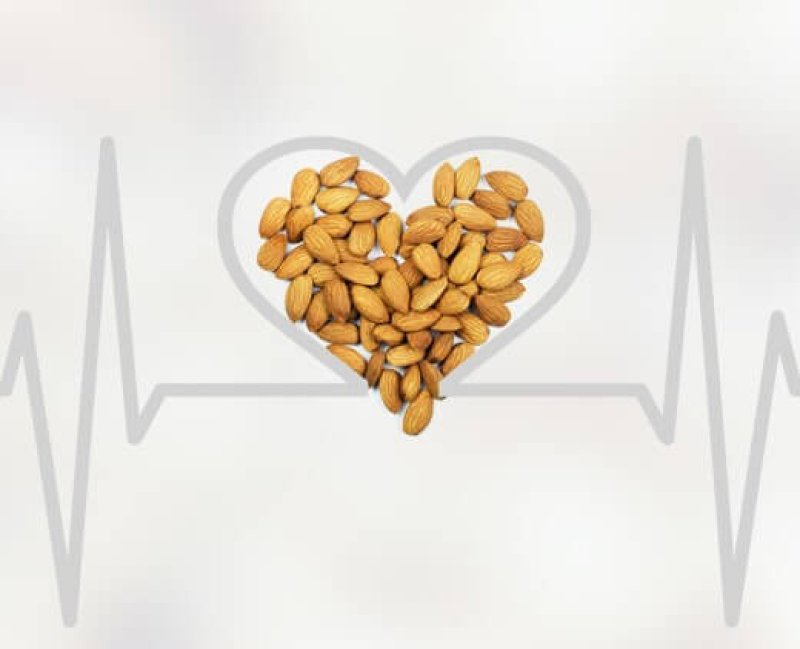…
Trained interviewers measured dietary intake using a food-frequency questionnaire (FFQ). This allowed researchers to determine each subject’s levels of long-chain n-3 polyunsaturated fatty acids (LC n-3 PUFA), which [can be found in foods like walnuts, sunflower seeds, and fish].
Results revealed a significant interaction within this Costa Rican Hispanic population between intake levels of LC n-3 PUFA and the PCSK9 genotype on risk of nonfatal [heart attacks]. Previous studies have shown variants of PCSK9 to be associated with lower risk for cardiovascular disease. For C-allele carriers of PCSK9, LC n-3 PUFA intake correlated to a lower risk of nonfatal [heart attaks], whereas non-C-allele carriers did not share this correlation.
This study highlights the importance of understanding gene-environment interactions and their role in mitigating risks for disease. As seen within this study population of Costa Rican Hispanics, combining specific fatty acid intake with a genetic variant can reduce risk of nonfatal [heart attacks].
The GLP aggregated and excerpted this blog/article to reflect the diversity of news, opinion, and analysis. Read full, original post: Gene-Environment Interactions Can Reduce Risk of Myocardial Infarction
For more background on the Genetic Literacy Project, read GLP on Wikipedia































